Sealife guideThe Cetacea orderThe taxonomy of marine species
Explore the taxonomy of the sea vertebrates including the cetaceans like the whales or the dolphins, the sea birds, the fish, the sharks and the sea turtles !
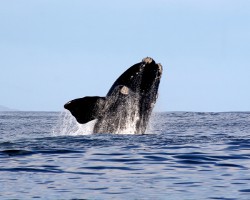
Southern right whale
(Eubalaena australis)
(Eubalaena australis)
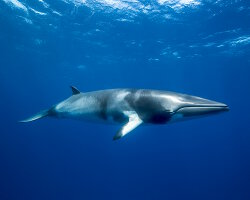
Dwarf minke whale
(Balaenoptera acutorostrata)
(Balaenoptera acutorostrata)
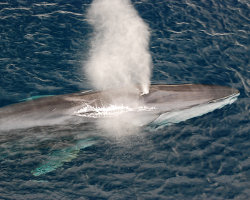
Fin whale
(Balaenoptera physalus)
(Balaenoptera physalus)
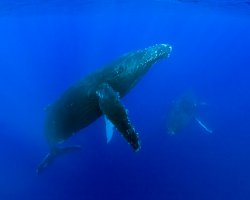
Humpback whale
(Megaptera novaeangliae)
(Megaptera novaeangliae)

Atlantic spotted dolphin
(Stenella frontalis)
(Stenella frontalis)
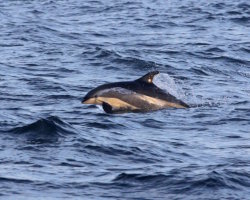
Atlantic white-sided dolphin
(Leucopleurus acutus)
(Leucopleurus acutus)
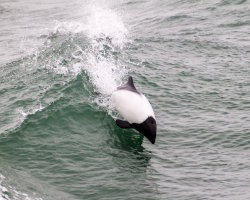
Commerson's dolphin
(Cephalorhynchus commersonii)
(Cephalorhynchus commersonii)

Common bottlenose dolphin
(Tursiops truncatus)
(Tursiops truncatus)

False killer whale
(Pseudorca crassidens)
(Pseudorca crassidens)

Indo-Pacific humpback dolphin
(Sousa chinensis)
(Sousa chinensis)
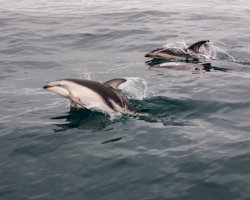
Pacific white-sided dolphin
(Sagmatias obliquidens)
(Sagmatias obliquidens)
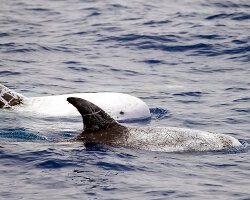
Risso's dolphin
(Grampus griseus)
(Grampus griseus)

Short-beaked common dolphin
(Delphinus delphis)
(Delphinus delphis)

Spinner dolphin
(Stenella longirostris)
(Stenella longirostris)
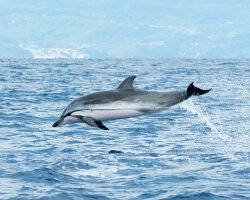
Striped dolphin
(Stenella coeruleoalba)
(Stenella coeruleoalba)
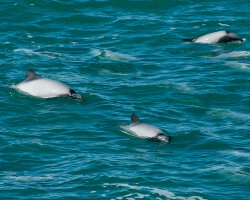
White headed dolphin
(Cephalorhynchus hectori)
(Cephalorhynchus hectori)
Our latestUpdates
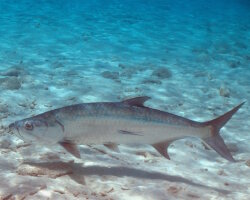
Wednesday, February 18th 2026
The Atlantic tarpon
The Atlantic tarpon is a large coastal fish that can grow up to 8 feet long and weigh over 330 pounds, with a silvery body covered in large, reflective scales. Known as the Silver King, it is famous for its spectacular leaps and fierce fight when hooked by sport fishermen.
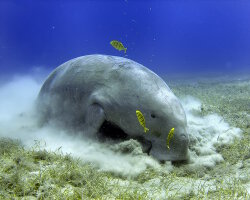
Friday, January 30th 2026
The dugong
Discover the dugong, a gentle “sea cow” of tropical waters. Learn about its habitat, diet, reproduction, morphology, and the threats facing this unique marine mammal.

Friday, January 23rd 2026
Dolphins: ocean's smartest creatures
Discover dolphins, the ocean's geniuses: explore their intelligence, social behavior, sophisticated communication, species diversity and vital role in marine ecosystems.
Photo of the Day
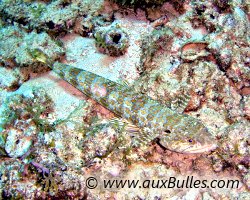
Poisson lézard, anoli
(Synodus intermedius)
(Synodus intermedius)
